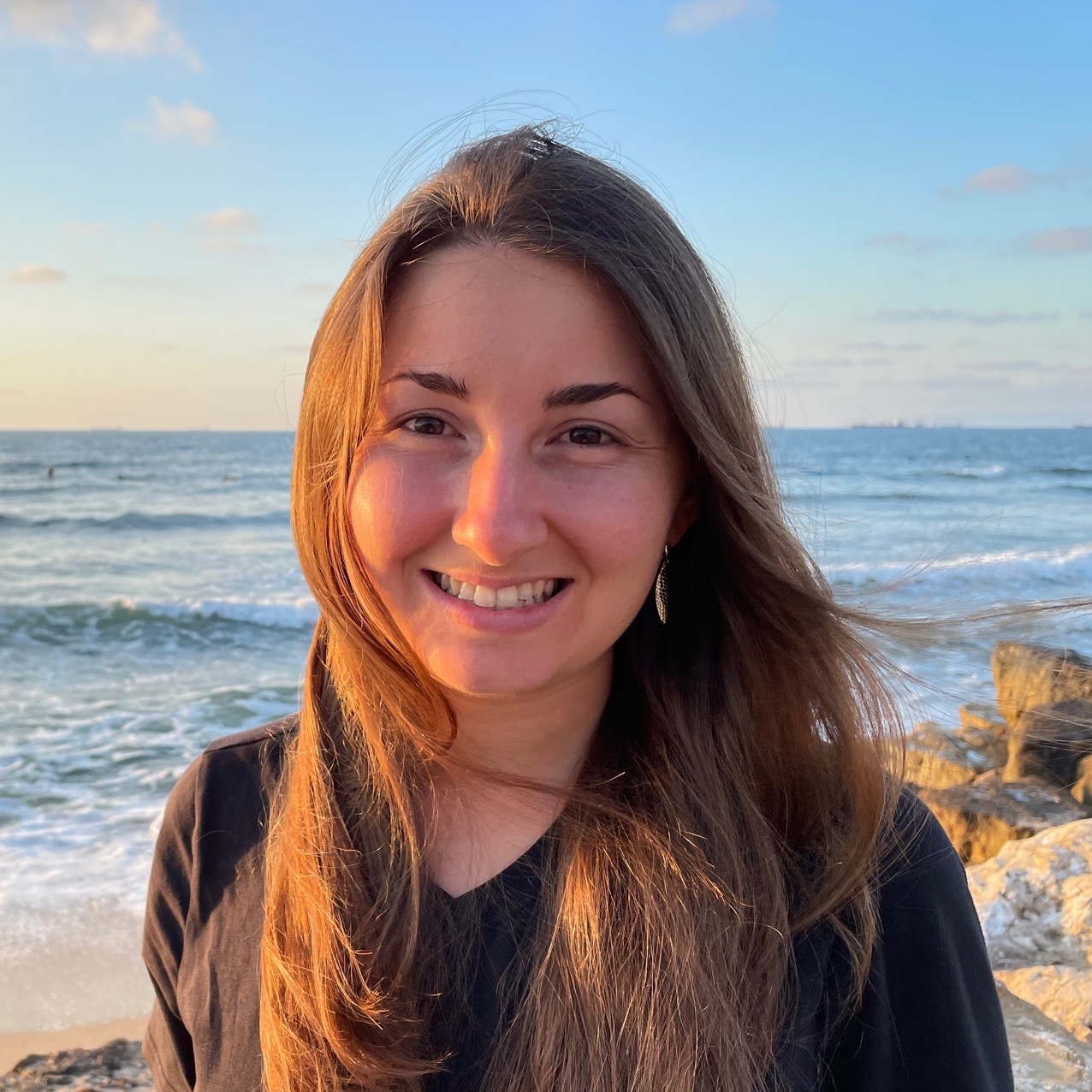Weathering the Storm with Internal Family Systems (IFS)
.png)
We are living in very scary and uncertain times. When the stress and pain threaten to overwhelm us, can we be with ourselves and contain the experience? I practice Internal Family Systems (IFS), a powerful modality that helps us take care of our parts—the parts that are scared, the parts overwhelmed by grief and the parts that use substances or screens to distract us from pain.
Wait a minute, what are parts?
We are all made of parts that help us move through the world. You can think of parts as sub-personalities or little people inside of us. For example, you might have a perfectionist, people-pleaser or inner critic part (I know I do!). All parts are inherently good. Some are just forced into extreme roles to protect us from pain—like the part that binges to soothe stress or the part that rages to protect our vulnerability.
Who are we behind our parts?
IFS entered the realm of spirituality when founder Dick Schwartz discovered a core essence in everyone that is calm, compassionate, curious and courageous. He called this presence Self, but I think of it as Soul. No matter how much trauma a person endured, no matter what they%27ve done in life, everyone has this strong, loving light within. Like the sun, Self gets clouded over by parts, but it can%27t be destroyed or even damaged. When accessed, our wise inner leader knows how to relate to parts and help them heal.
So how do we access Self?
Paradoxically, we can’t get to Self by trying to get to Self. Pushing parts away is as effective as pushing clouds away from the sun. Self naturally emerges when parts relax, and parts relax when we attend to them. In IFS, we listen to our parts with compassion and curiosity. We hear their story, recognizing that even the most extreme parts have positive intentions. When parts feel heard and held, they calm down, happy to be in the loving presence of Self.
Now, that doesn%27t mean we won’t feel anxiety, depression, anger or grief. It just means that we can be with ourselves in those moments. We can contain the experience, knowing that we are safe. And even if we are not safe, we can still be with ourselves, holding our parts so they are not alone.
To hold or to protect?
Dr. Kristen Neff talks about two types of self-compassion, tender and fierce, which I’ll explain in IFS terms. Tender self-compassion means being with our parts and comforting them, like a mother soothing a scared child. You can try that out here in a free IFS meditation.
Fierce self-compassion means protecting ourselves and providing as much safety as possible. It leans on the Self qualities of confidence and courage. If we don’t have the capacity to attend to our parts with softness, we can envision ourselves as a strong, confident container that conveys the message “I got this.” You can try that out here in this IFS meditation.
We need both types of self-compassion: tenderness and fierceness. As Dr. Kristen Neff writes, “When both are present, it creates a caring force that can be used to transform ourselves and the world around us.”
So whether you are comforting your parts or picturing holding them in a strong container, you are taking care of yourself and helping your system weather the storm. No matter how dark the clouds look or how rough the winds blow, the sun is still there even if we can’t see it. It is hidden but undamaged, just like the Self inside each of us. The clouds will clear and the sun will shine again, as our Self energy brings healing to the world.




